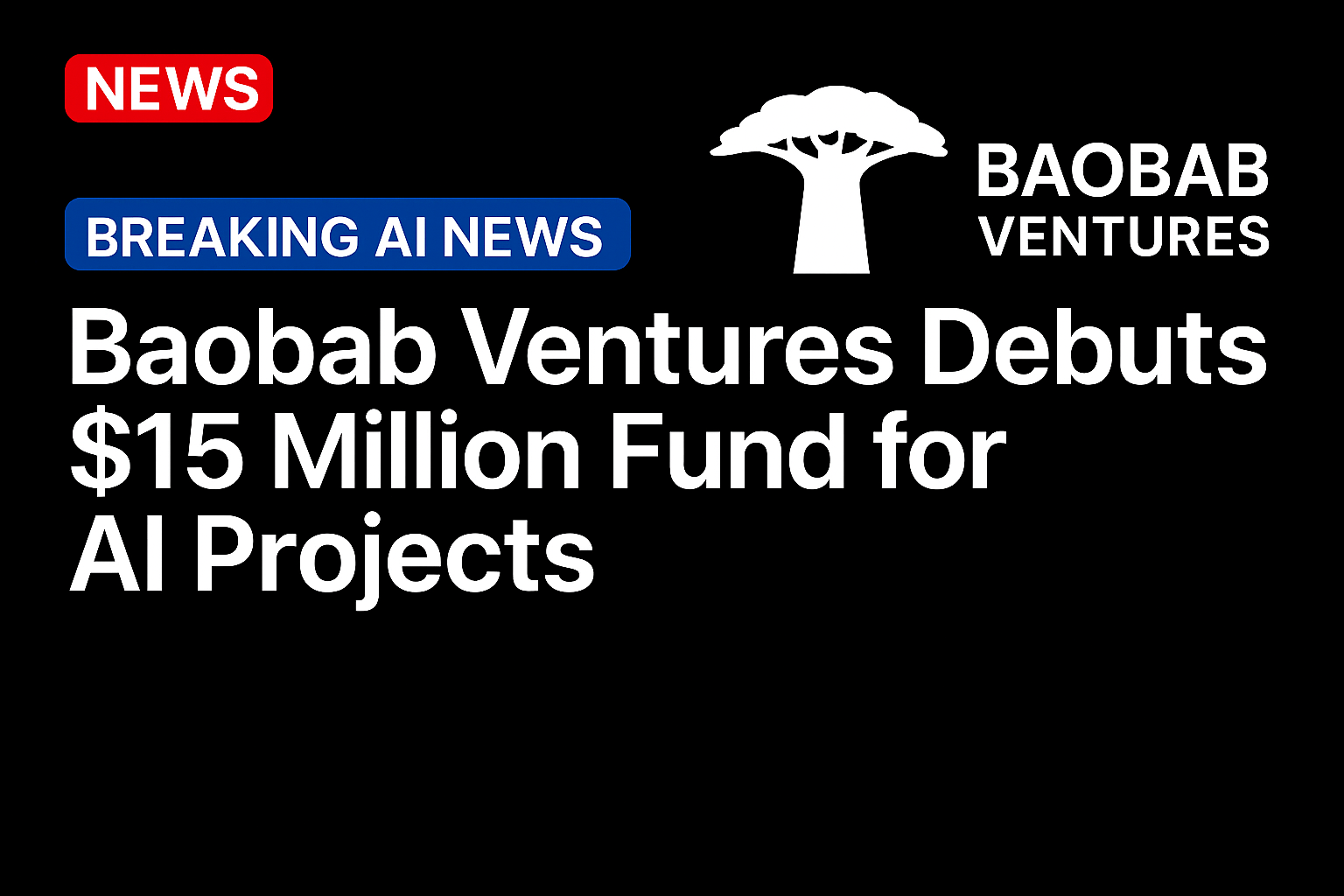
Tech investor Carles Reina has launched a fund focusing on artificial intelligence, robotics and defense.
The $15 million Baobab Ventures fund will focus on pre-seed and seed technical teams and has already closed seven deals, Reina wrote in a LinkedIn post Wednesday (Nov. 26).
“The thesis for Baobab is simple: Building companies has dramatically changed over the past 3 years. What previously worked is no longer useful,” wrote Reina, who has invested in Revolut and ElevenLabs.
In an interview with Tech Funding News, Reina said he works alongside founders on market strategy, hiring, operations and sales execution at a time when launching a startup no longer means what it once did.
“Sales cycles are faster, there are hundreds of competitors within months, and AI has killed cold outreach conversion rates. Founders need to move incredibly quickly while building a sales and growth motion fit for the AI age,” he told the news outlet.
“To do that, they need operators on their cap table who can draw on relevant frontline experience from the AI era and who are hands-on with their help. This AI-informed operator experience is a clear gap in the European landscape, and it’s one I believe Baobab can fill.”
In other artificial intelligence and robotics news, PYMNTS wrote last week about the emergence of physical AI as the next stage of robotics. This is happening as the next stage of robotics makes strides in sensing, perception and large AI models give machines capabilities never supported by traditional automation.
“Earlier robots followed fixed commands and worked only in predictable environments, struggling with the unpredictability found in everyday operations such as shifting layouts, varying item shapes, mixed lighting, and human movement,” that report said.
“That is beginning to change as research groups show how simulation, digital twins and multimodal learning pipelines enable robots to learn adaptive behaviors and carry those behaviors into real facilities with minimal retraining.”
The report also points to findings from the World Economic Forum on a similar shift happening in manufacturing. Their analysis looked at how improvements in robot dexterity, machine perception, environment mapping and model-based reasoning are turning robots from isolated, fenced-off stations into shared work areas bolstering production, inspection and transport tasks.
According to the WEF research, companies are beginning to think of robots as intelligent mobile systems that can adjust to new product lines, swap out tasks and work alongside people without the need for rigid constraints.
Source: https://www.pymnts.com/

